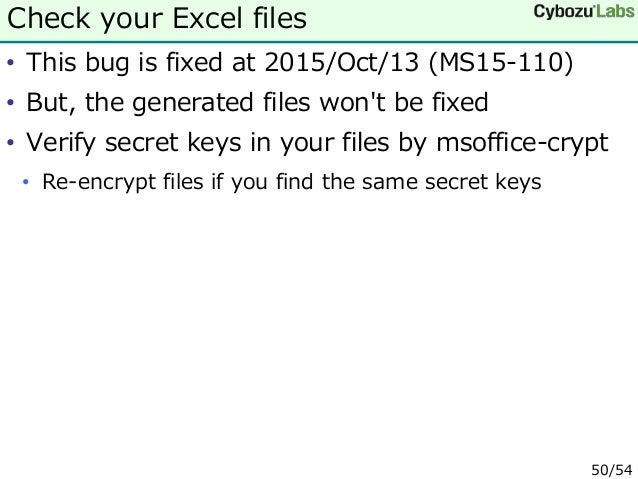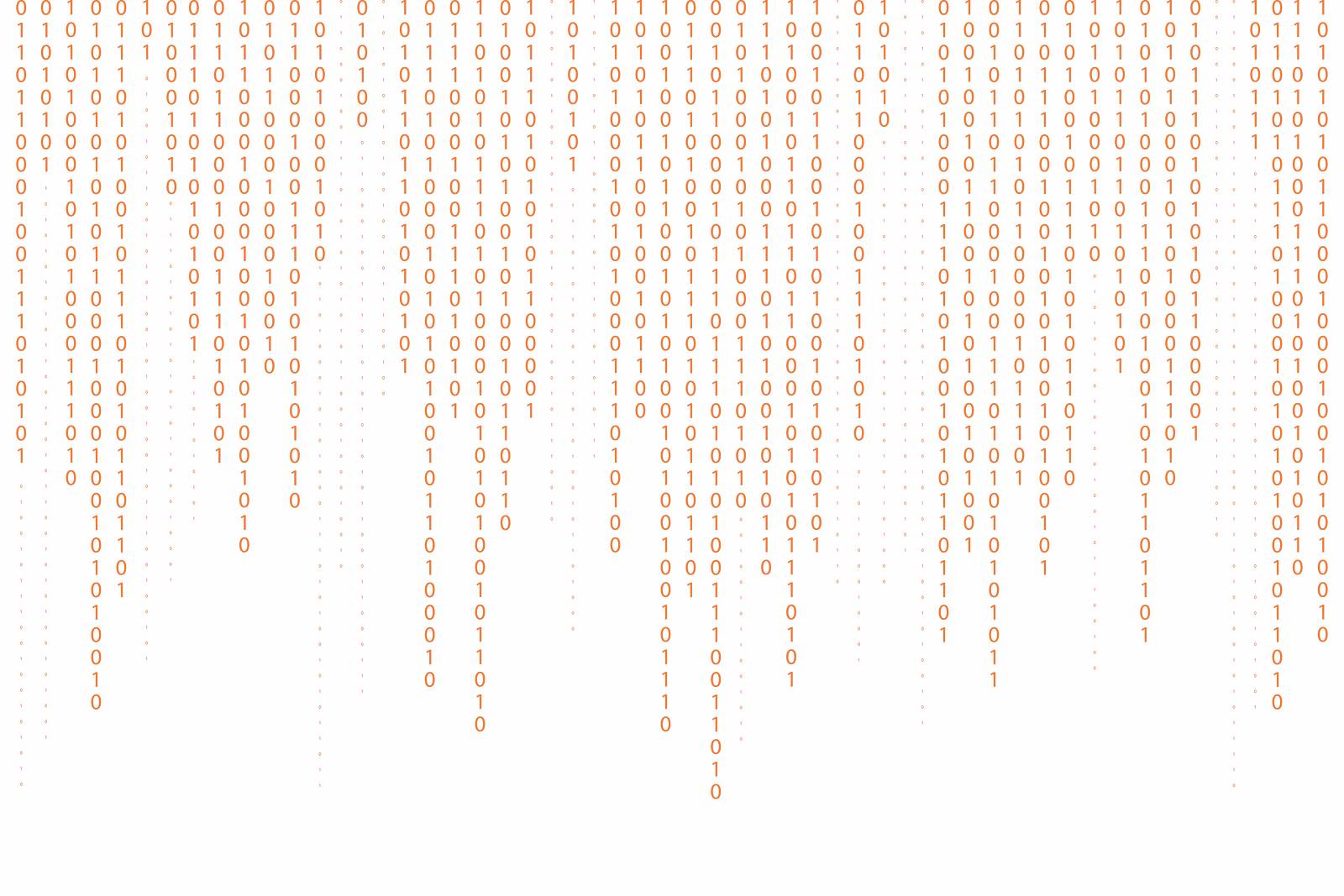Chilkat • HOME • Android™ • Classic ASP • C • C++ • C# • Mono C# • .NET Core C# • C# UWP/WinRT • DataFlex • Delphi ActiveX • Delphi DLL • Visual FoxPro • Java • Lianja • MFC • Objective-C • Perl • PHP ActiveX • PHP Extension • PowerBuilder • PowerShell • PureBasic • CkPython • Chilkat2-Python • Ruby • SQL Server • Swift 2 • Swift 3/4 • Tcl • Unicode C • Unicode C++ • Visual Basic 6.0 • VB.NET • VB.NET UWP/WinRT • VBScript • Xojo Plugin • Node.js • Excel • Go
| Discusses symmetric encryption key generation techniques for block encryption algorithms such as AES, Blowfish, and Twofish, or for other algorithms such as ChaCha20.
| |||||
© 2000-2020 Chilkat Software, Inc. All Rights Reserved.

Generate a 128-bit string in C#. I want to have a button to generate a key to help the user but I'm at a loss as to how I generate the 128 bits randomly. To generate a 256-bit key, a cryptographic module could use a source of entropy to generate random bits, or it could accept a pass phrase and use an extra computational step to derive the 256-bit key from a pass phrase or other input.
| #regionEncryption |
| /// <summary> |
| /// Generate a private key |
| /// From : www.chapleau.info/blog/2011/01/06/usingsimplestringkeywithaes256encryptioninc.html |
| /// </summary> |
| privatestaticstringGenerateKey(intiKeySize) |
| { |
| RijndaelManagedaesEncryption=newRijndaelManaged(); |
| aesEncryption.KeySize=iKeySize; |
| aesEncryption.BlockSize=128; |
| aesEncryption.Mode=CipherMode.CBC; |
| aesEncryption.Padding=PaddingMode.PKCS7; |
| aesEncryption.GenerateIV(); |
| stringivStr=Convert.ToBase64String(aesEncryption.IV); |
| aesEncryption.GenerateKey(); |
| stringkeyStr=Convert.ToBase64String(aesEncryption.Key); |
| stringcompleteKey=ivStr+','+keyStr; |
| returnConvert.ToBase64String(ASCIIEncoding.UTF8.GetBytes(completeKey)); |
| } |
| /// <summary> |
| /// Encrypt |
| /// From : www.chapleau.info/blog/2011/01/06/usingsimplestringkeywithaes256encryptioninc.html |
| /// </summary> |
| privatestaticstringEncrypt(stringiPlainStr, stringiCompleteEncodedKey, intiKeySize) |
| { |
| RijndaelManagedaesEncryption=newRijndaelManaged(); |
| aesEncryption.KeySize=iKeySize; |
| aesEncryption.BlockSize=128; |
| aesEncryption.Mode=CipherMode.CBC; |
| aesEncryption.Padding=PaddingMode.PKCS7; |
| aesEncryption.IV=Convert.FromBase64String(ASCIIEncoding.UTF8.GetString(Convert.FromBase64String(iCompleteEncodedKey)).Split(',')[0]); |
| aesEncryption.Key=Convert.FromBase64String(ASCIIEncoding.UTF8.GetString(Convert.FromBase64String(iCompleteEncodedKey)).Split(',')[1]); |
| byte[] plainText=ASCIIEncoding.UTF8.GetBytes(iPlainStr); |
| ICryptoTransformcrypto=aesEncryption.CreateEncryptor(); |
| byte[] cipherText=crypto.TransformFinalBlock(plainText, 0, plainText.Length); |
| returnConvert.ToBase64String(cipherText); |
| } |
| /// <summary> |
| /// Decrypt |
| /// From : www.chapleau.info/blog/2011/01/06/usingsimplestringkeywithaes256encryptioninc.html |
| /// </summary> |
| privatestaticstringDecrypt(stringiEncryptedText, stringiCompleteEncodedKey, intiKeySize) |
| { |
| RijndaelManagedaesEncryption=newRijndaelManaged(); |
| aesEncryption.KeySize=iKeySize; |
| aesEncryption.BlockSize=128; |
| aesEncryption.Mode=CipherMode.CBC; |
| aesEncryption.Padding=PaddingMode.PKCS7; |
| aesEncryption.IV=Convert.FromBase64String(ASCIIEncoding.UTF8.GetString(Convert.FromBase64String(iCompleteEncodedKey)).Split(',')[0]); |
| aesEncryption.Key=Convert.FromBase64String(ASCIIEncoding.UTF8.GetString(Convert.FromBase64String(iCompleteEncodedKey)).Split(',')[1]); |
| ICryptoTransformdecrypto=aesEncryption.CreateDecryptor(); |
| byte[] encryptedBytes=Convert.FromBase64CharArray(iEncryptedText.ToCharArray(), 0, iEncryptedText.Length); |
| returnASCIIEncoding.UTF8.GetString(decrypto.TransformFinalBlock(encryptedBytes, 0, encryptedBytes.Length)); |
| } |
| #endregion |
Generate 256 Bit Aes Key

commented Jun 6, 2014
hi fairly new to the cryptography... please suggest a resolution |
commented Oct 9, 2017 • edited
edited

Aes Key Generator
How-to save -safely- the private key ? Windows registry ? in disk ? I use ASP.NET applications. Test your code |